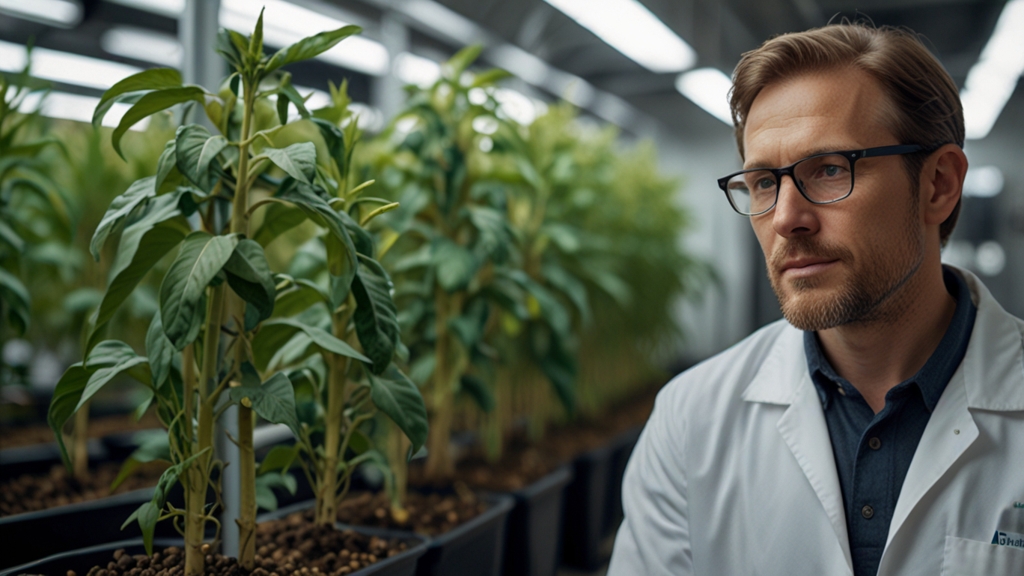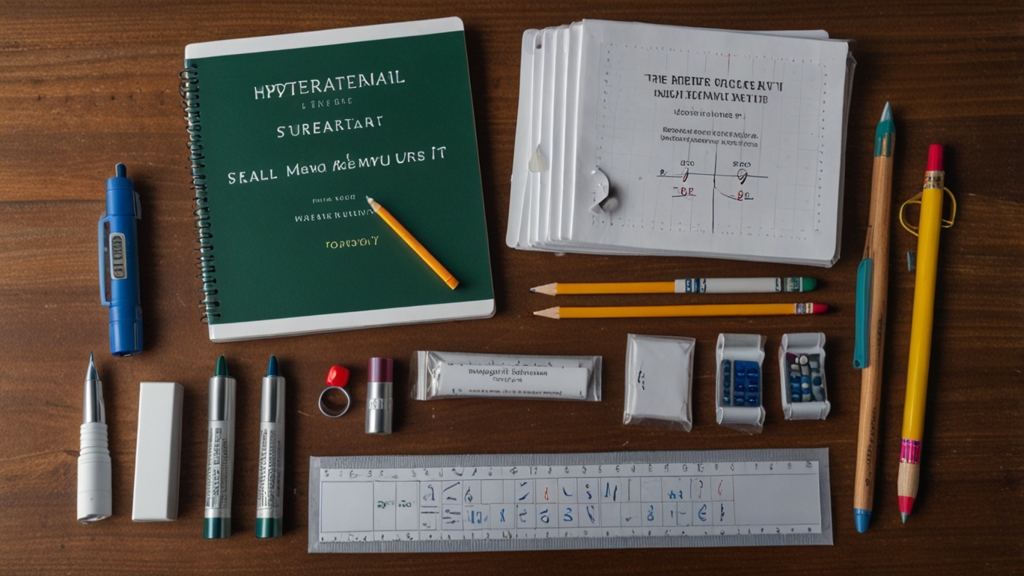Can Algebra Save the Planet? Exploring Its Role in Environmental Solutions
The intersection of mathematics and environmental science might not be the first thing that comes to mind when discussing ways to combat climate change and other ecological crises. However, algebra plays a crucial role in formulating and solving the complex equations that help scientists and policymakers make informed decisions. By analyzing data and creating mathematical models, algebra can indeed be instrumental in saving our planet.
Understanding Environmental Data
One of the most fundamental ways algebra assists in environmental efforts is by helping scientists understand and interpret vast amounts of data. Whether it's tracking carbon emissions, measuring deforestation rates, or monitoring temperature changes, algebra provides the tools needed to analyze these statistics accurately.
"Without algebra, making sense of the numbers behind environmental phenomena would be almost impossible," says Dr. Jane Goodwell, a professor of environmental science. "It allows us to see patterns, make predictions, and ultimately take action to mitigate adverse effects."
Through algebraic equations, researchers can determine trends and make predictions about future scenarios. For example, linear regression models help draw connections between human activities and their environmental impacts.
Modeling Climate Change
Algebra is integral to climate modeling, which predicts future climate conditions based on various variables. These models rely on algebraic equations to simulate the Earth's climate system and include factors like greenhouse gas concentrations, solar radiation, and ocean currents.
By leveraging algebraic formulas and algorithms, climate models can generate scenarios that help policymakers understand the potential consequences of their actions. This allows for more informed decision-making, which is crucial in developing effective policies for reducing carbon footprints and mitigating global warming.
Optimizing Renewable Energy
As the world shifts towards renewable energy sources, algebra plays a role in optimizing these systems to be as efficient and effective as possible. For instance, algebraic algorithms can optimize the layout of solar panels to maximize their exposure to sunlight or improve the efficiency of wind turbines by analyzing wind patterns and speeds.
"Renewable energy technologies require precise mathematical models to operate at peak efficiency," notes Dr. Ahmed Rodriguez, an engineer specializing in sustainable energy. "Algebra provides the foundation for these models, making it possible to harness nature's power more effectively."
Moreover, algebra helps in designing energy storage systems that can store power generated by renewable sources more efficiently. This is critical for ensuring a consistent energy supply, even when weather conditions are not favorable for energy generation.
Solving Pollution Problems
Pollution control is another area where algebra is making a significant impact. From calculating the most effective ways to reduce emissions from industrial plants to developing filtration systems for water and air, algebraic equations help devise solutions that minimize environmental harm.
For example, researchers use algebraic models to determine the optimal placement of air quality monitoring stations in urban areas. This helps in achieving a comprehensive understanding of pollution levels and addressing specific hotspots more effectively.
Conclusion: A Tool for a Sustainable Future
While algebra alone cannot save the planet, it is an indispensable tool in the arsenal of environmental science and policy. From understanding and predicting climate change to optimizing renewable energy systems and controlling pollution, algebra plays a crucial role in the solutions needed to address our planet's most pressing challenges.
As we continue to face unprecedented environmental crises, the importance of algebra in developing sustainable solutions cannot be overstated. By harnessing the power of mathematics, we can make more informed decisions and take action that will help ensure a healthier, more sustainable future for generations to come.










